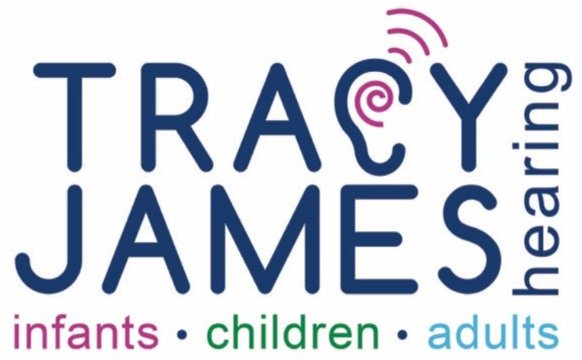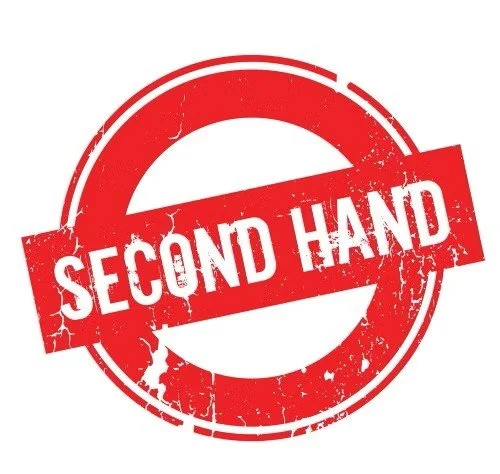The Dangers of Buying Second Hand Hearing Aids Online: By Tracy James
Buying 2nd hand hearing aids online (or elsewhere) seems like a savvy thing to do, because (according to some people I’ve heard comment):
· They’re cheaper
· You don’t need any follow up with an audiologist as long as they work
It’s not ‘impossible’ to purchase hearing aids elsewhere and have them fitted locally, but your private audiologist would need to agree to do so. Hearing aids are not ‘one-size fits all’, but are in fact very personalised to the user. Some audiologists need great skill to help individuals find the right hearing aid for them and provide the optimum settings, depending on their needs first and foremost – but also preferences.
If you do decide to buy 2nd hand and you’ve found an audiologist to help, there are quite a few things to consider (not limited to the below 8 points):
Do you have any wax in your ear, or are you prone to wax build-up or certain ear conditions.
If you are prone to wax in your ear or certain ear conditions, then this will affect the type of hearing aid you buy and the amplification and programme settings (which can only be manipulated by a professional). Some types of hearing aid will become blocked more easily. Some hearing aids can be made in a custom way, to prevent wax entering the hearing aid. Will the aids you’ve chosen (or have been gifted to you) be suitable? An audiologist can advise on this.
2. Do you have an unusual hearing loss shape, or severe to profound hearing loss?
Certain types of hearing loss will need careful consideration by an experienced audiologist – including ‘ski-slope’ hearing losses (high-frequency sloping), dead regions, cookie-bite hearing loss, auditory processing difficulties and severe to profound losses. Such types of hearing loss will need counselling, understanding of limitations, manipulation of hearing aid software and amplification at different frequencies. It is unlikely in this scenario that an audiologist would work with a 2nd hand aid as you’d need better technology and more intense input from the professional.
3. Check if there is an existing warranty on the aids
It will be more cost-effective if you have a warranty that comes with the 2nd hand hearing aid. Some hearing aids come with a 5-year warranty – so any breakages will be covered by that. You can ask the seller to confirm the warranty with the manufacturer, by quoting the serial number of the aids. Consider if the costs of repair / time away from wearing the hearing aids will be a barrier to you.
4. How old is the hearing aid? Has it broken or become faulty previously?
The older the hearing aid is, the more likely it is going to need to be repaired, particularly if it is more than 2 years old. If it has broken previously, then check how often – in case there is a recurring fault – or if the previous owner did not look after the aid very well. Older hearing aids may no longer be repaired by certain manufacturers (when 5 years or older)- and parts will be harder to get hold of.
5. Will an audiologist fit the hearing aid to your prescription?
Not all private audiologists will fit a 2nd hand hearing aid or may require a payment package to do so. If the brand is unusual, or not fit by that particular audiologist – then they may not have the hardware of software to fit the hearing aids. Some audiologists may not provide more detailed work, such as real-ear measurements to 2nd hand aids- so check what the package includes.
6. What will happen if your hearing changes or the aid needs a repair?
If your hearing changes, are you willing to pay an audiologist to re-set, re-tune or repair the hearing aids? Depending on the package agreed, will cost be a barrier?
7. Will your 2nd hand hearing aid be any better than an NHS hearing aid?
NHS hearing aids are free of charge, brand new and services are included. Weigh up the costs, benefits and reasons for buying a private hearing aid elsewhere instead of using the NHS in the first instance.
8. Consider if peace of mind is a factor
If you’re confident in your local private audiologist, then perhaps paying extra for a new hearing aid with a long warranty, up-to-date technology and a comprehensive aftercare service included - is worth the peace of mind. You may also save money – particularly if wax-removal is included in the price of the aid. The research and risk involved in buying 2nd hand, or the risk of ongoing maintenance repairs, may not seem worth it.
Tracy James Hearing will consider fitting 2nd hand hearing aids to individuals of a deceased relative on a case-by-case basis - providing the aids are relatively new and particularly if the aids were purchased at Tracy James Hearing (as we would have access to all the repair records). Each case would be depend on whether the aid was suitable for their hearing loss, requirements and other factors, including and not limited to (ear) health factors.

